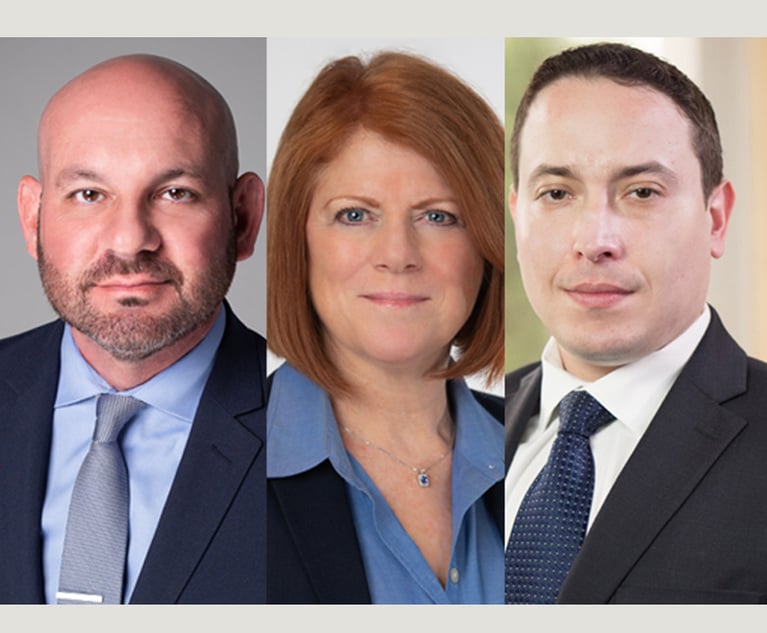 For several months, the topic of sex and power in the workplace has been dominating our news cycle. It is undeniable that there is a relationship between these themes, and it is hard to dispute that it is a good thing to finally call attention to this long-standing, deeply rooted problem. Amid the tumult of the Weinstein scandal, #MeToo, Shi*tty Media Men, #TimesUp and the countless non-celebrities affected by these issues, what have we learned? How can we turn the corner to foster workplaces where women don’t need to create whisper networks or suffer in silence for fear of retaliation?
For several months, the topic of sex and power in the workplace has been dominating our news cycle. It is undeniable that there is a relationship between these themes, and it is hard to dispute that it is a good thing to finally call attention to this long-standing, deeply rooted problem. Amid the tumult of the Weinstein scandal, #MeToo, Shi*tty Media Men, #TimesUp and the countless non-celebrities affected by these issues, what have we learned? How can we turn the corner to foster workplaces where women don’t need to create whisper networks or suffer in silence for fear of retaliation?
The truth is: This is not a novel problem. Not all that long ago it was commonplace for homosexuals or minorities, for example, to be treated poorly in the workforce. The mistreatment eased only when there was a cultural shift against the predators. There is a reason we don’t often hear overt slurs anymore—no one would tolerate that type of blatant racism or abuse. That is not to say, of course, that more veiled, insidious forms of discrimination haven’t developed, but, the hypothetical bad actor knows that such obvious treatment is unacceptable and could subject them to severe consequences. The only way that is going to happen again, in this context, is for there to be a top-down paradigm shift of prioritizing safety, equality, and respect in the workplace.






